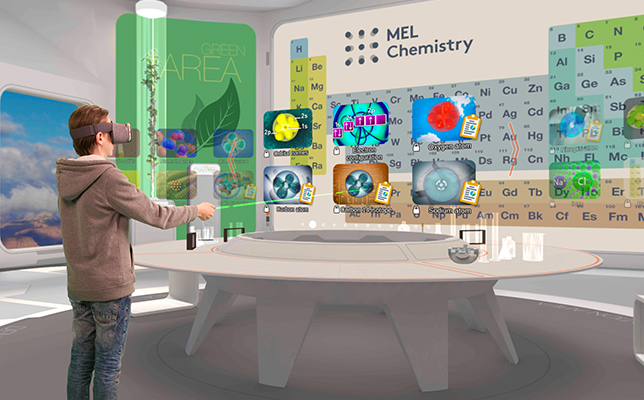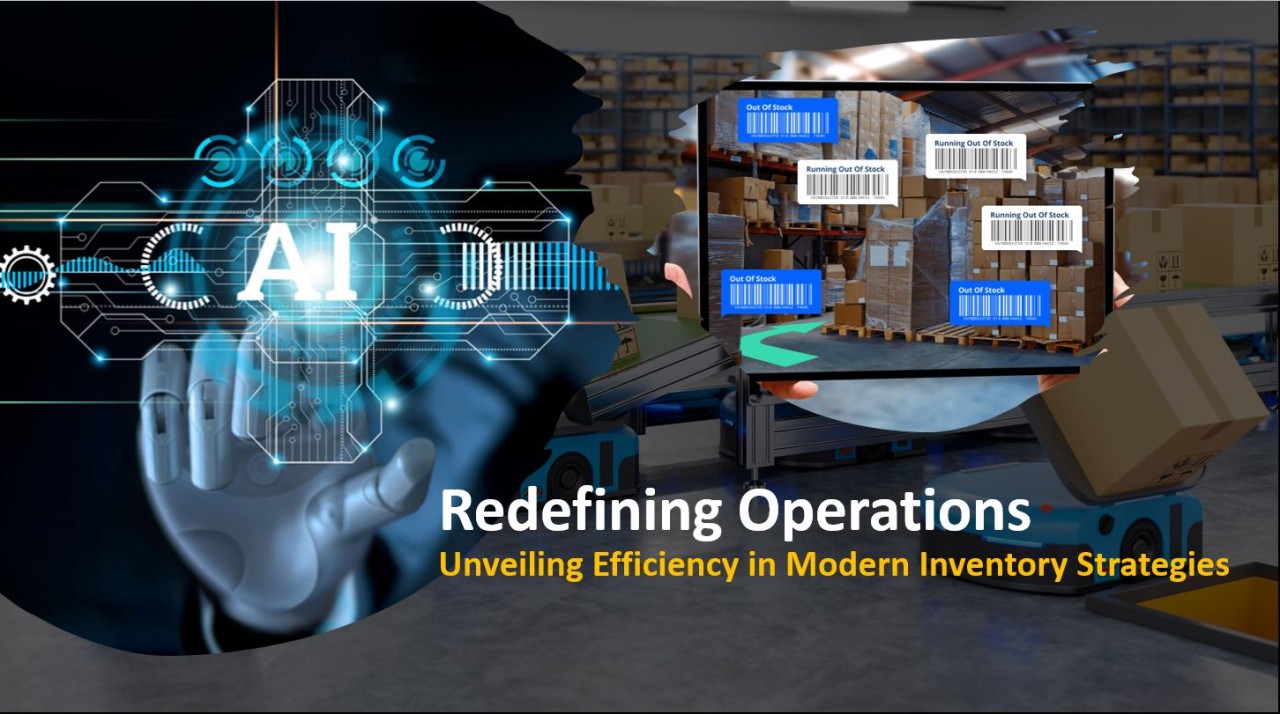Education is evolving as students prefer using technology to attending classes. They are willing to try new ways of learning, especially if it involves using their devices. Technology is second nature to them, so they are more than happy to use it for their education.
As such, Edtech has kept pace with the times to cater to the needs. The educational metaverse is a pioneering technology offering that has captured the interest of educators, trainers, institute management as well as students. It is promising due to its ability to make learning relevant and engaging. The traditional method does not cater to individual styles of learning and hence many students feel disconnected from learning.
Moreover, subjects like Chemistry can be challenging for students to understand the basic structures as currently taught in a physical classroom. The metaverse-VR labs can offer a sustainable solution to enhance student motivation to learn the subject. Chemistry is the branch of science that focuses on matter and its various transformations.
Why Learning Chemistry is Important
Chemistry is often considered as a meeting point that joins the other science and STEM branches as maths, physics, biology, and even environmental science. It teaches the properties, reactions, and applications of all types of matter. It connects all branches of science and technology. For example, astronomy uses chemistry when learning about the chemical compositions of other planets and astronomical bodies. Genetics deals with hereditary factors and chemically genes are made up of DNA and nucleotides hence chemistry allows a better understanding of gene expression and genetic code. The chemicals in our body also define our mood and how we feel and balance on any particular day! Chemistry also opens the door to many rewarding careers in varied fields.
Metaverse and VR Labs
Chemistry is an important subject for students to learn at the school level. It helps them understand their world better. The metaverse for education can convert physical classrooms into immersive 3D learning spaces, which students can enter as virtual beings. This would promote an active and hands-on learning experience in a safe and controlled zone. The metaverse can enhance learning speed and be a conduit for inclusive education that caters to all learning styles and needs
Let’s see how it can specifically enhance the learning of chemistry.
Learning Chemistry in Metaverse and VR Labs
The structure of matter is impossible to view and understand in 2D. However, in the metaverse, students can see and manipulate molecules from all angles and visualize their composition in elements. Students can even enter into the interior of any substance from salt o water to visualize its molecular makeup. They can learn about it in their physical class and then proceed to see it in virtual labs . Topics like learning the periodic table are challenging to memorize for students. However, in the metaverse, students can visualize and manipulate the 3D atomic structures and electrons. This visual interaction with molecules and matter leads to more engagement and understanding.
With this visualization, students can improve their mental design around chemical structures and processes, which leads to a better understanding of the subject. Conducting experiments with hazardous chemicals gets easier and safe with VR Chemistry labs. VR labs offers a safe space to gain hands-on experience. It also offers unlimited time to conduct experiments repeatedly, which is not possible in physical labs. VR labs also become more cost-effective as they do away with the need for expensive equipment and space. Students can fill beakers, use Bunsen burners and even boil water. They can study the rate and extent of chemical changes and work with various acids like hydrochloric acid. The metaverse offers student-centric methodologies. Once students are exposed to the educational metaverse and become familiar with how to access metaverse, it can positively impact their learning graph.
Students can learn at their own pace and time, review concepts repeatedly, and even practice experiments in VR labs to their satisfaction. Moreover, the metaverse which is backed by AI technology can offer analytics and feedback to help students to achieve their goals.
Wrapping Up
There have been many experiments and studies done on using VR labs to teach Chemistry. One study reported that VR offered a 60% increase in retention in when learning chemistry. The metaverse obliterates the physical requirements of space and costly and hazardous equipment. Teachers and students can safely and freely work in VR labs and experiment with chemicals and substances with no risk, even if it has the potential to explode or blow up in their faces. Chemistry is an important academic subject as well as the doorway to many related careers. In the metaverse, chemistry learning gets a boost by becoming more interesting and fun.
Edverse is a unique Edtech company offering metaverse solutions for learning and development Assignment Help Washington. From setting up virtual classrooms to virtual labs, Edverse offers customized solutions to meet all requirements.





